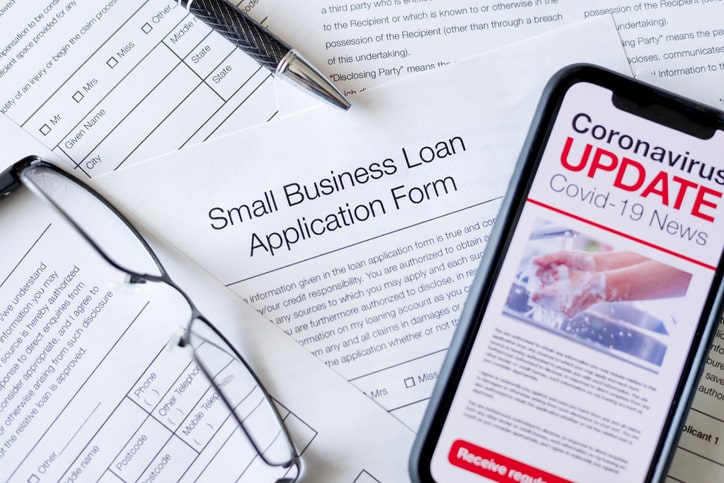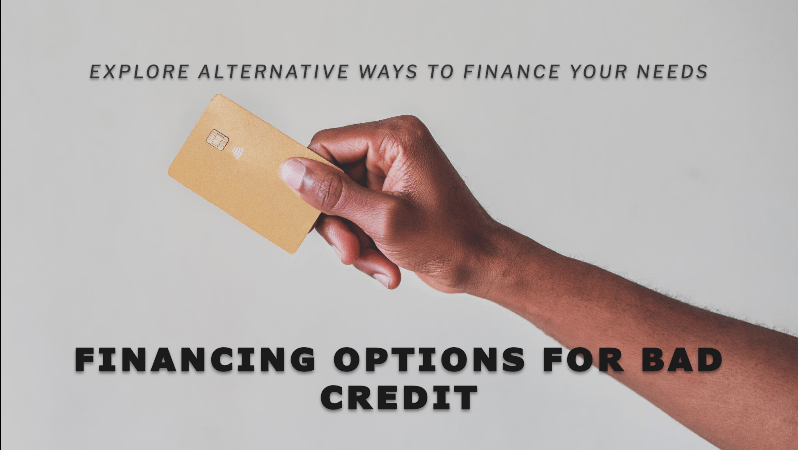Debts and loans cause a lot of stress. Their results can also be disastrous. You can choose bankruptcy, property repossession, collateral payment, and collection among some other bad things aside from sleeping out on the streets in a worst-case scenario. But it doesn’t have to be this way.
Australian government debt consolidation loans and other debt consolidators can be an effective way to combine all debts and loans into just one manageable regular interval payment. This service aims to save the current remaining time on all existing debts and loans and to stop further interest and charges. The debt consolidation company handles the loan details and negotiates for the best options for you.
This short basic guide will cover its way of operating and how it can hopefully help avoid deep debt traps for good. Be debt-free as soon as possible and take care of your finances.
How does a debt consolidation loan work?

Let’s say you owe a credit card bill, a personal loan, and a separate business loan. All are going on at the same time to finish within a few months. However, you suddenly reach a financial dead-end or crisis and won’t be able to pay all equally for the next few months. You assess the possible financial damage due to late payments and penalties and they are going to cost you triple.
These need to be paid soon to stop the bills from further growth that can bankrupt you or cause you to declare a hardship status. It is one of the worst effects of falling into a debt trap that has managed to get exacerbated over time. The most common debts and loans covered by loan consolidation and refinancing services include:
- Credit card bills
- Bank loans
- Business loans
- Unsecured personal loans
- Unfinished instalments on existing or past due loans
- Student loans
- Mobile phone bills
- Back rent for your previous rented properties
- Other unsecured types of debts
Debt consolidation combines all your bills, debts, loans, and payables and arranges just one payment for each period with no interest or extra charges from these debts. You pay directly to the debt consolidation company who manages these debts and takes care of the major legwork. You get to have peace of mind and no more fees and penalties while being able to pay off all of these monetary burdens.
The debt consolidation company negotiates with your debtors and loan companies for the lowest possible settlements to end each of them once and for all. While doing this, you pay one lower and more affordable payment set by the company with a certain percentage rate for their thorough services. You just stick to this lower and more convenient arrangement until the settlement is all done, and you can finish off the “replacement debt payments” later on.
Is debt consolidation the answer?
Time is of the essence for debts and loans. The interest and other fees involved double over time and can cost you a lot. The sooner time it takes to finish paying them off, the more money and a direct hit to your credit score are thwarted. These loans and debts are what we can term as a purchase or expense situation – the money borrowed plus the convenience and time-dependent need addressed are covered. But there are situations where there is more than one debt hanging in the balance, literally.
Debt consolidation may be the best option to end all multiple debts and loans for good and prevent more expenses and fees. It will be the better option unless you get contacted by a credit collection agency which comes with mild harassment and possible extra fees.
These services also include the convenience and extra efforts needed to overcome the mountain of bills and debts. While smaller level debts may be easy to handle, they will take up more time that can add to the financial burden. Between getting worsened with penalties, added charges, a lethal hit to your credit score, and more stress, the debt consolidation service becomes a better and more practical option then.
To date, the government may be able to help with minor assistance and possible fixes, such as their dispute resolution scheme, debt management assistance, and financial consultations, especially for certain debts not covered by these companies.
Limitations of debt consolidation
Not all debts and loans are covered by the Australian government and non-government debt consolidation services. These are secured loans where the collateral is involved, government loans and payments, legally-bound debts and loan instalments where the consolidation company cannot get involved, and unpaid loans that do not meet legal standards. Here are the major categories, and a possible few more:
- Current house rent
- Home loans
- Mortgages
- Car loans
- Taxes
- Government loans
- Secured loans
- Utilities
- Child support
- Bail money
- Lawsuits
- Parking and speeding tickets
While these cannot be covered, those under the existing terms can be taken care of. You simply need to deal with them soonest for the least financial damage. While taking these services will impact your credit score, this is only temporary as the settlement process is initiated. Once everything is cleared, it will be restored and improved for each payment completed.
Major tips on using debt consolidation
- Know the fees and coverage:While debt consolidation was designed to avoid further charges, it should be less than the possible fees you will incur if consolidation is not used, plus the time is eaten away from the extra efforts to resolve each one. Know your options and check where the services are effective within your budget.
- Assess your options:You can check with balance transfer services on your cards, check with refinance options available on your debts and loans and consult with free legal services first. As mentioned, the ACCC or Australian Competition and Consumer Commission may help guide you on managing these loans at zero or a lesser cost. Or at least for those that are not covered by major consolidators. Remember, time is of the essence, so those that can be dealt with by debt consolidators may save you time and fees while taking care of other specific debts.
- Read reviews and general results:Make sure your options are trusted consolidation companies registered with a license with the Australian Securities and Investments Commission. Check for client and user reviews for their track record in completing consolidation services as well. The complete details should be laid out and payable with a lower regular payment and a percentage for their services. There shouldn’t be extra fees involved, no collateral discussions, and no further efforts on your part after you sign up with them.



